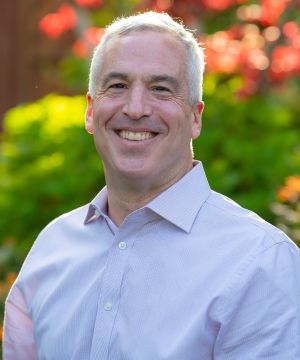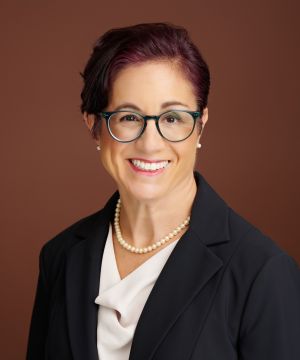
Previous Speakers
How Gene Therapy Saves Sickle Cell Disease (Hint - It Is Not What You Think)

Social and Structural Drivers of Dementia Risk and Resilience

Disparities in the Hypertension Guidelines: Moving from Race-based to Race-conscious Clinical Practice

Why Are You Eating Hot Dogs Every Day? Helping Patients Navigate the Food Landscape
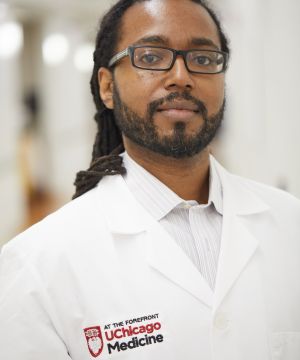
Appetite Control and Metabolic Changes in Cancer Cachexia
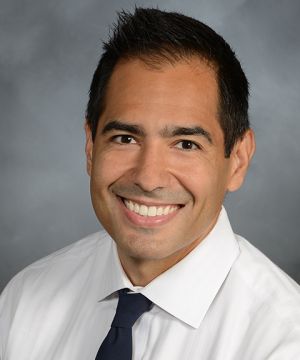
Diverticulitis: Evolution in Science and Management

Division of Gastroenterology and Hepatology
UW School of Medicine and Public Health
Cultivating Compassion in Clinical Education

Providing Care to Patients with Advanced Lung Disease in a New Era of Advanced Treatment

Division of Allergy, Pulmonary, and Critical Care Medicine
UW School of Medicine and Public Health
Unravelling Systems of Resolution of Inflammation in Asthma
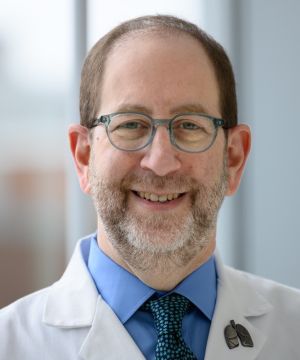
Take a Seat: Teaching Practical Communication Skills in the Hospital

Breathing Easier - Reducing COPD Readmissions
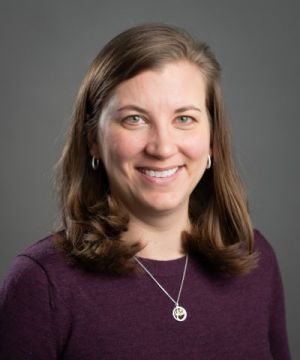
Division of Hospital Medicine
UW School of Medicine and Public Health
Division of Hospital Medicine
UW School of Medicine and Public Health
Beyond the Rural-Urban Divide: A Closer Look at Disparities in Colorectal Cancer Screening
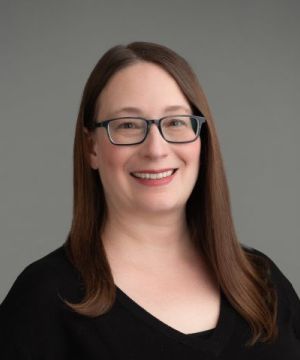
Division of Gastroenterology and Hepatology
UW School of Medicine and Public Health
AI Literacy and Numeracy in the Era of Generative AI and Large Language Models
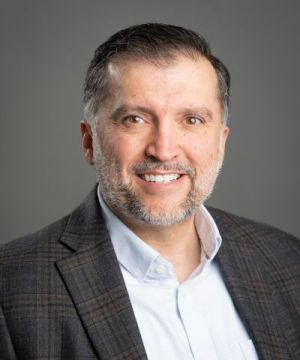
Division of Allergy, Pulmonary, and Critical Care Medicine
UW School of Medicine and Public Health
TB Transmission: Miasma to AI

Promise and Problems with Psychedelics
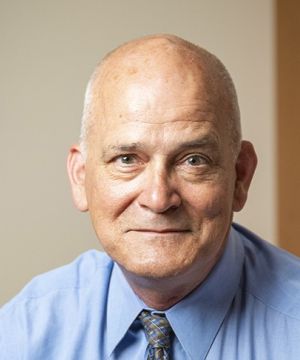
Division of Pharmacy Practice & Translational Research
UW School of Pharmacy
The Role of the Microbiome in Critical Illness

Designing Paper-based Molecular Diagnostics for Extreme Points of Care

Cancer Survivorship: The Lymphoma Paradigm

Division of Hematology, Medical Oncology, and Palliative Care
UW School of Medicine and Public Health
A Health Policy Hurricane: the Climate Crisis and Health Services Research

Oncology Value-based Care: Opportunities and Pitfalls

Social and Political Determinants of the US Homelessness Crisis and Increased Risk for Infectious Disease Outbreaks

Polypharmacy, Polyproviders, and Polypharmacies: The Challenges and Opportunities of Deprescribing in Acute Care

De-mystifying Amyloidosis: An Internist's Guide to Early Recognition

Division of Hematology, Medical Oncology, and Palliative Care
UW School of Medicine and Public Health
Influenzers: The Rise of Social Media for Science Education

C Difficile: Practice Changing Guidelines Updates and Beyond

Evidence-based Tools for Well-being
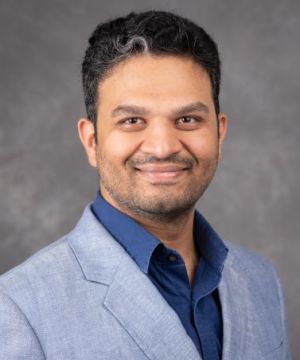
Division of Hospital Medicine
UW School of Medicine and Public Health
Sadhguru Center for a Conscious Planet
Beth Israel Deaconess Medical Center
Travels with the P53 Tumor Suppressor Network

Workplace Violence in Healthcare: Current State, Best Practices, and Reducing Risk
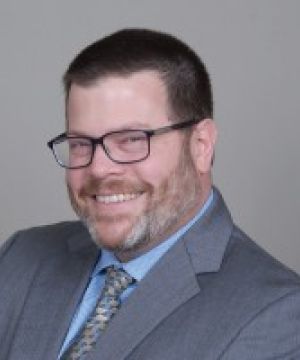
Feast or Famine: Climate Change and Nutrition

Placing the Focus on Outpatient POCUS

Stumbling Towards Equity: Improving Care for Transgender and Non-Binary People

Department of Family Medicine and Community Health
UW School of Medicine and Public Health
A Mouse Model to Further Elucidate Mechanisms of Idiopathic Pulmonary Fibrosis

Why Can't We All Just Get Along?: Interprofessional Education and Collaboration as Tools for Achieving the Quadruple Aim

Respiratory Health Disparities: Root Causes and Opportunities for Action
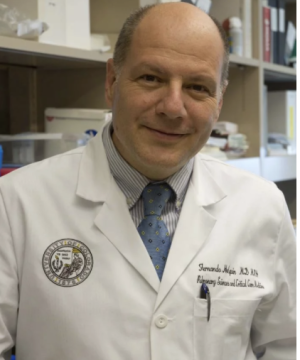
Acute Respiratory Distress Syndrome and a Career: Lessons Learned from the Past

2024 DREAM Speaker
President and CEO, Alliance for Academic Internal Medicine
Feedback on Learners' Communication Skills: Opportunities and Challenges

Mid-life and Late-life Environmental Exposures on Dementia Risk: The Modifying Effect of ApoE
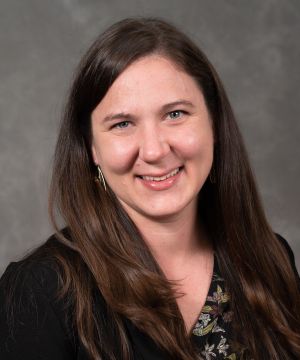
Division of Geriatrics and Gerontology
UW School of Medicine and Public Health
Interactive UW Antimicrobial Stewardship State of the Union: Outlining How/What/Why We Prescribe and Where We Can Improve
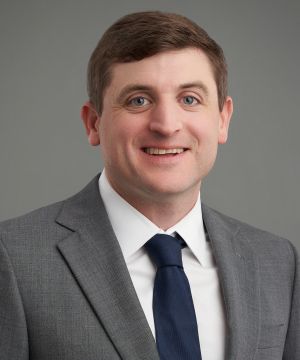
Antiresorptive Therapy in Osteoporosis: Four Questions Asked by Our Patients
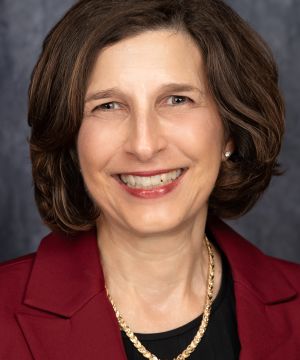
Alzheimer’s Biomarker Testing: Psychosocial and Behavioral Implications of Early Detection
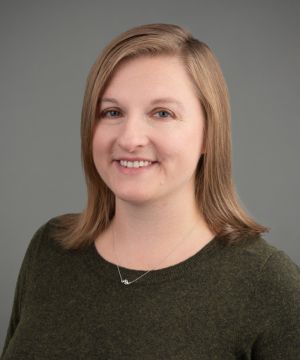
Words Matter: Bias in Letters and Evaluations

Breaking New Ground: How Science Can Improve the Ways We Work in Healthcare
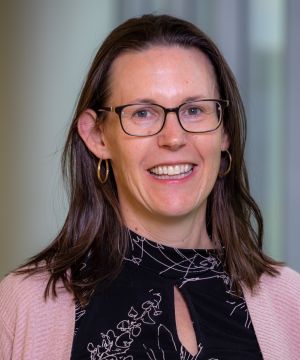
Division of Hospital Medicine
University of Colorado
Division of Hospital Medicine
University of Colorado
AI, Augmented Intelligence, at Health System Scale: Promise and Pitfalls

Precision Care: Improving Outcomes & Reducing Disparities in Lupus & Lupus Nephritis

A Collaborative Approach to Management of Ventricular Tachycardia
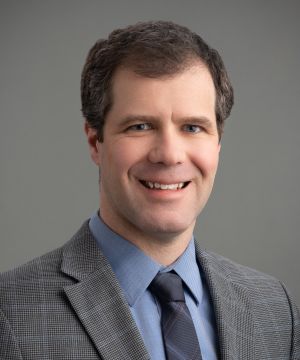
Needs and Goals: The Role of Language in the Momentum of Critical Illness
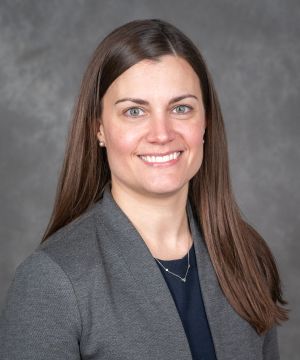
Division of Allergy, Pulmonary and Critical Care Medicine
UW School of Medicine and Public Health
Medicaid Expansion & BadgerCare: How Policy Affects Health
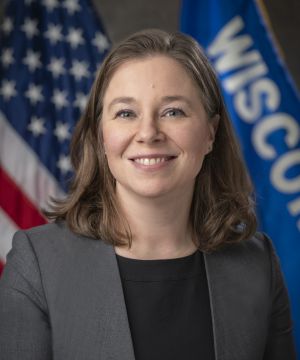
New Years Resolutions: Beyond the Gym Approaches to Obesity and Metabolic Disease

UW School of Medicine and Public Health
Division of Gastroenterology and Hepatology
UW School of Medicine and Public Health
Whatever Happened to that Patient? Diagnostic Error and Clinical Reasoning Feedback for Clinicians

Division of Hospital Medicine
Feinberg School of Medicine, Northwestern University
Medicine in the Era of Mass Incarceration
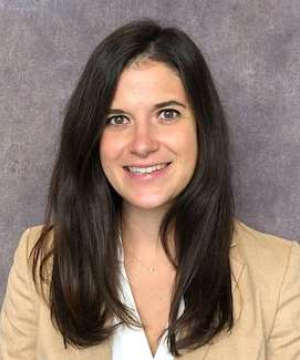
Harm Reduction Among Patients Who Inject Drugs

Current Controversies in Long COVID: It's More Than a Name

Reorienting the US Healthcare System Around Relationships
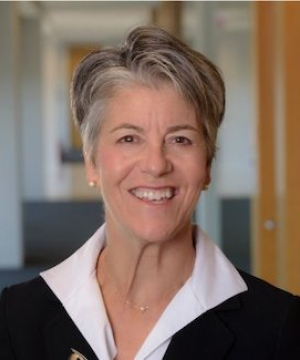
Monoclonal Antibody Treatments for Alzheimer's Disease: the Good, the Bad, and the Difficult

Division of Geriatrics and Gerontology
University of Wisconsin Department of Medicine
Feeling Better: Consideration of the Implied Ethics of Symptom Centric Therapy

Trick or Treat Obesity

Division of Endocrinology, Diabetes and Metabolism
UW School of Medicine and Public Health
What Do I Need to Know About Artificial Intelligence?
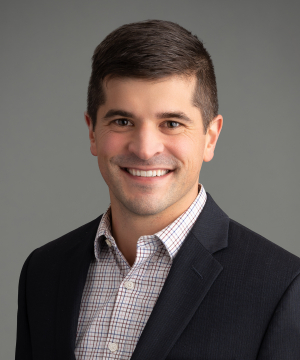
Division of General Internal Medicine
UW School of Medicine and Public Health
